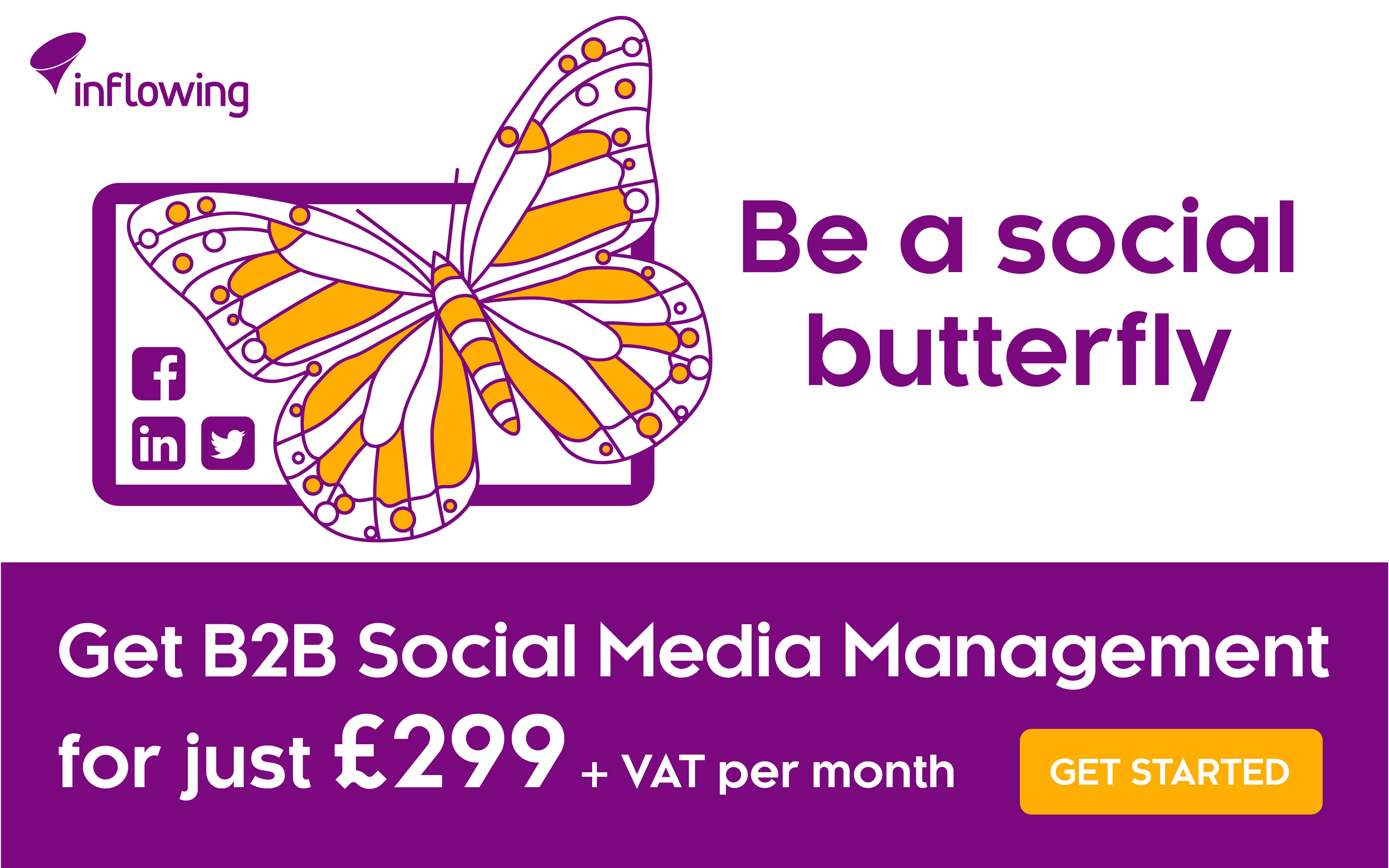This can be frustrating as a marketer, particularly as you no doubt fully understand the value of an active social media presence for a business. It’s a great way to get your business and content in front of a wider audience, and if used correctly, can be a shining beacon for your brand. Just look at companies like
Innocent, or Paddy Power, who are renowned for their social media.
Anyway, without further ado – here are some ways you can bring the rest of the business on board with social media.
Your competitors are doing it
The oldest trick in the book, I know. But relevant here I feel. If you can point to an area in which a competitor is excelling and your business is not, you make saying “no” to that thing almost impossible. Scope out some of your competitors on social – are they doing it well? Do they get decent engagement? If yes, point out to the powers that be that this is real opportunity missed for your business – you could be getting a slice of that engagement pie if you were also active on social media. And what’s more, your activity would be so much better, right?
The stats don’t lie
When it comes down to it, there are some pretty compelling numbers around social media and its effectiveness in B2B. Here are a few you can include in your next marketing strategy presentation that should get the business salivating over social.
- 55% of B2B buyers say they search for product/vendor information on social media – Source
- 54% of B2B organisations who used social media tracked their usage back to at least one closed deal – Source
- You are nearly 5x more likely to schedule a first meeting if you have a personal connection – Source
- 59% of B2B marketers say that LinkedIn generates leads for their business – Source
- 84% of CEOs say they use social media to help make purchasing decisions – Source
- Social media has a 100% higher lead-to-close rate than outbound marketing – Source
It’s 2018
You’re probably looking at your screen now thinking “Yes, thank you Charli, I was aware of what year it was.” My point here is that in this day and age, can a business really get away with not having a social media account? I for one, will often check out a company’s social media if I’m considering buying something from them or working with them – I feel it gives you a good sense of what kind of business they are, and in particular, how responsive they are to communication. This is a key one to point out to the decision-makers in your organisation – the bottom line is, if you don’t have an active social media presence, you run the risk of making your potential customers, competitors and suppliers think that you’ve gone out of business.
It’s low cost
Unless we’re talking about paid social, which we’ll probably get onto in a later post, social media is a relatively low-cost marketing channel. It obviously doesn’t cost anything to actually have a profile and start sharing updates, and even if you require additional time, resource or external help to manage and execute your social media plan, it’s still relatively easy to keep costs down. Ahem – we’ve just launched our own social media management packages, and for £299 + VAT a month we’ll happily manage up to 3 social media accounts with daily posts and swift responses to mentions and messages. Nifty, eh?
Common objections
So, even if you’ve presented all of the above, which I think is a pretty strong case, inevitably you still come across some of the same counter-arguments and objections. You can fight back! Here’s how.
“Isn’t it more of a B2C thing?”
While it’s true that B2C businesses have probably taken social media usage as a way to connect with the customer to the next level, they are certainly not the only ones who get to play. Refer to the stats above about how many B2B buyers and CEOs conduct research on social media before making a purchase decision. In a world where everyone’s connected all of the time, the lines are blurring between personal and professional use. And B2B organisations can’t get away with the “it’s more consumer-focused” anymore – you are, after all, still marketing to humans.
“We don’t want salespeople spending all their time on LinkedIn”
I’ve touched briefly on social selling in this article, but the truth is, it’s pretty big. And honestly, if you’re salespeople are savvy, they’re probably spending a portion of their time on LinkedIn anyway. I’ll refer to my previous point about marketing to humans – people value relationships and like to buy from and work with people they trust. Social media is a great place to warm them up. Your business could get a handle on social selling time by encouraging it within your sales team and setting up targets and a structure around how long to spend doing it – as I said, you’ll probably find they’re doing it anyway.
I hope I’ve armed you with enough ammunition here to encourage your business to get social. For me, social is one of those things which can be as light touch or high effort as you like, both approaches yield some sort of results and bring benefits to your business. If you need any help building and managing a social media strategy, just get in touch.

